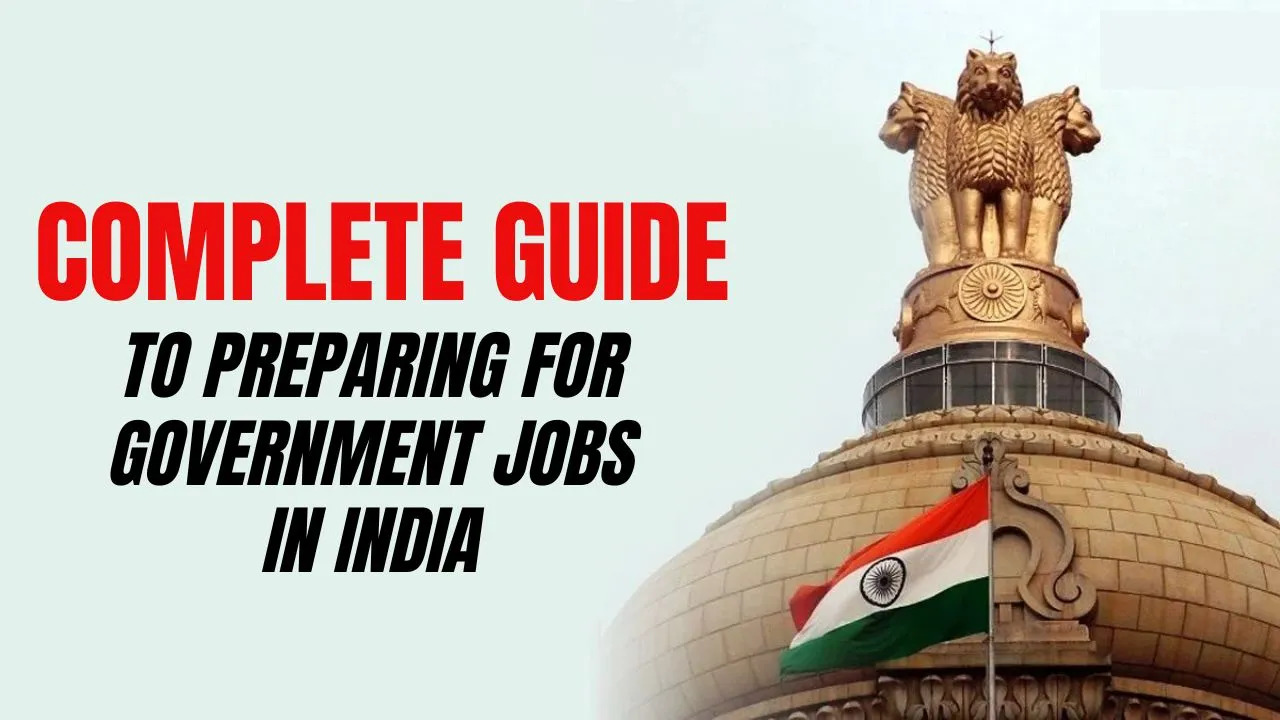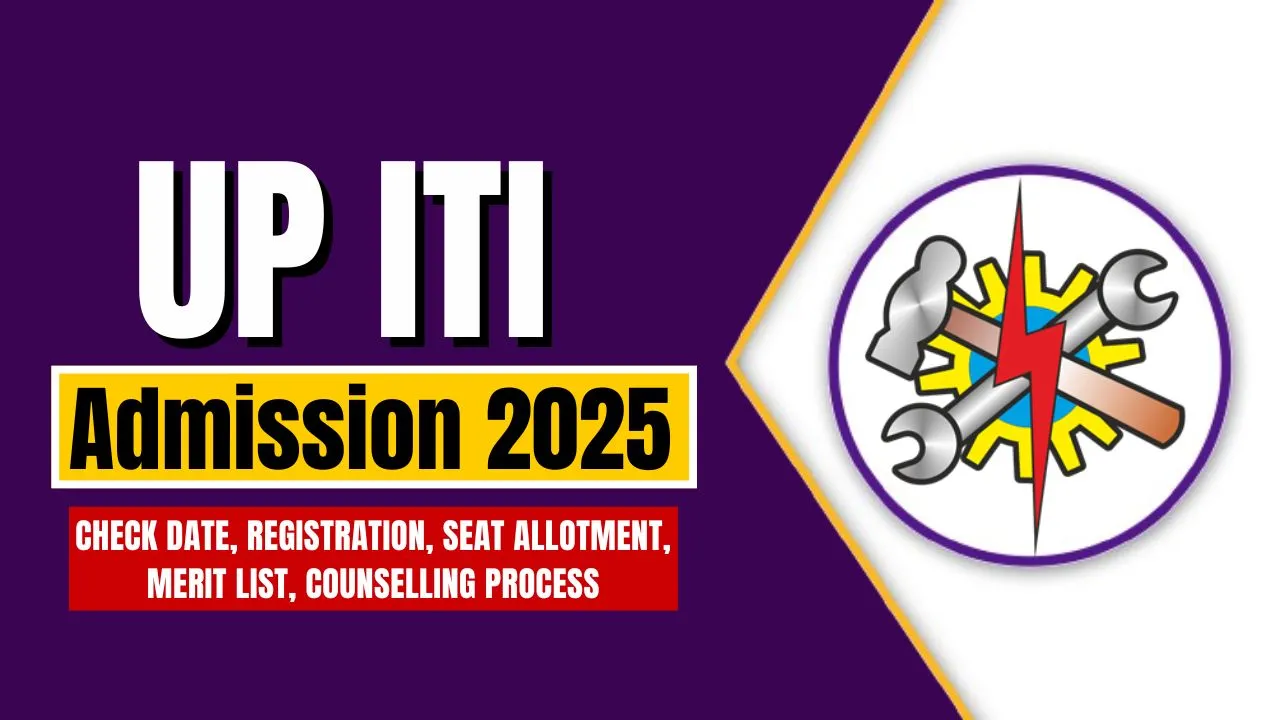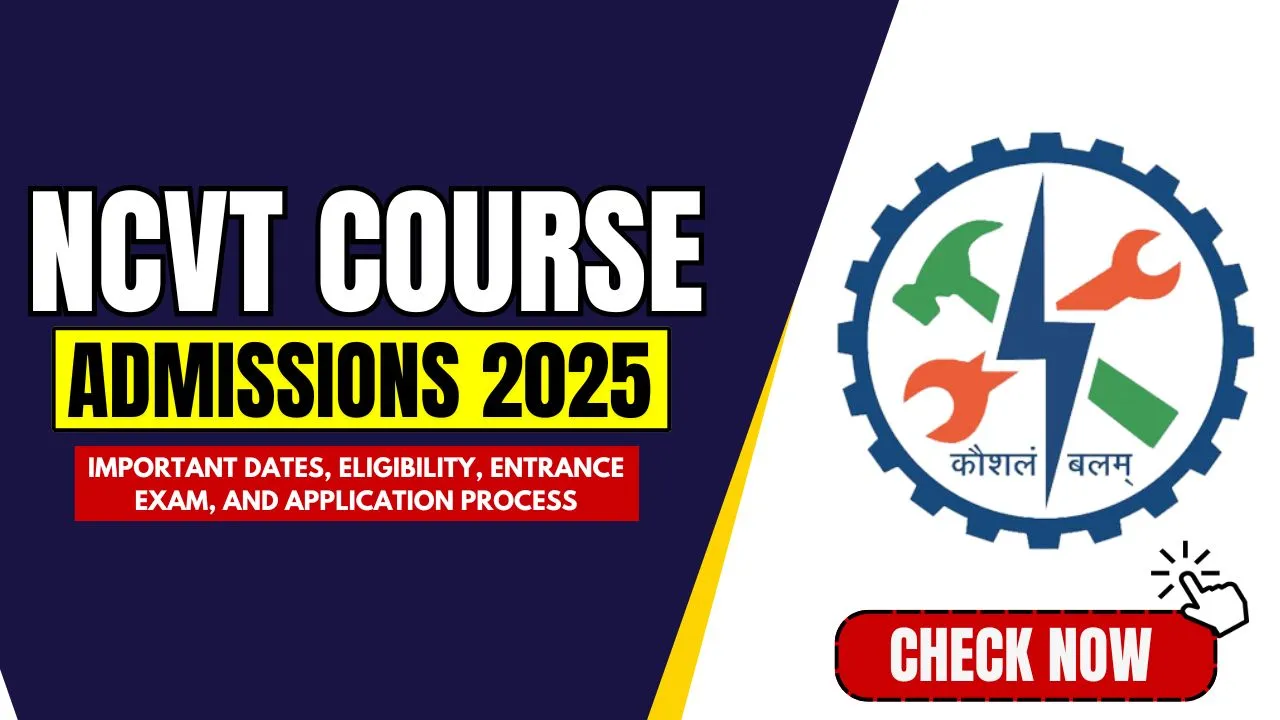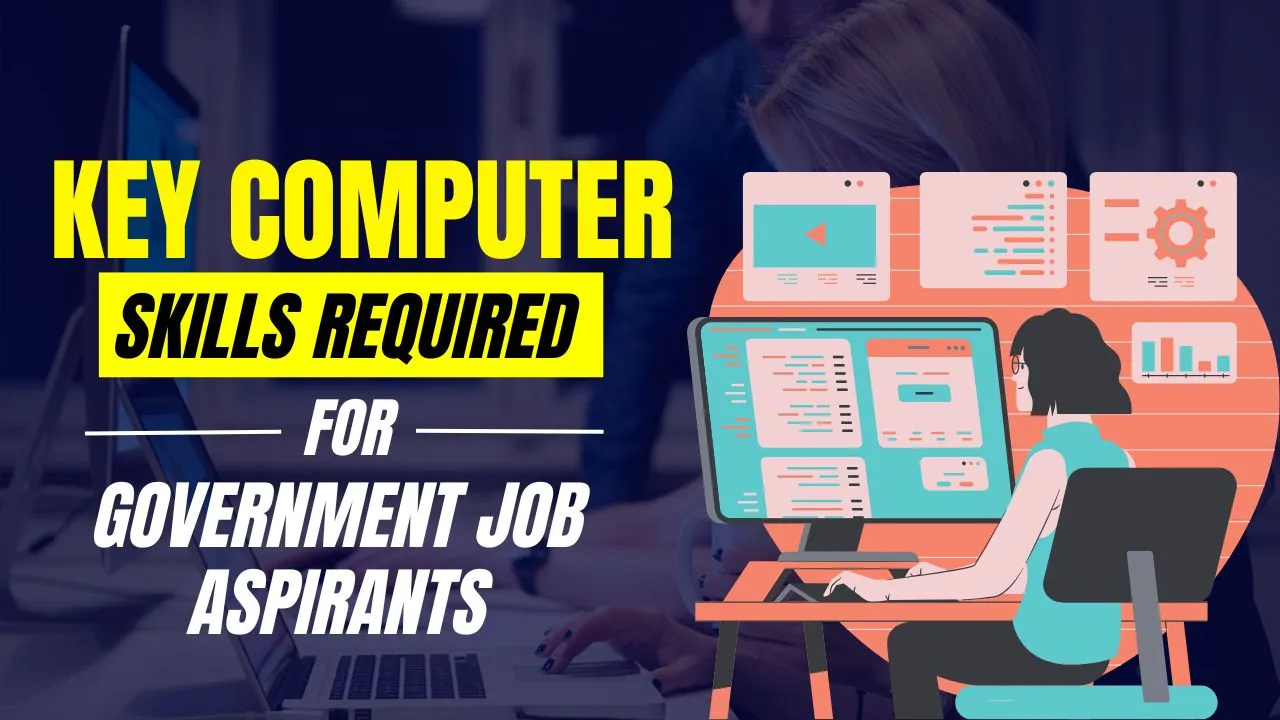Complete Guide to Preparing for Government Jobs in India: Government jobs in India are highly desirable due to their stability, financial security, and benefits. Every year, millions of candidates appear for exams such as UPSC, SSC, IBPS, Railways, and State PSCs, but only a small percentage clear them. With increasing competition, having a structured preparation strategy is essential.
Success in these exams is not just about studying hard but also about studying smart. Understanding the exam pattern, following a well-structured study plan, practicing regularly, and staying updated with current affairs can improve your chances of success. This guide provides a step-by-step approach to preparing for government jobs, including study schedules, recommended books, and exam strategies.
Overview Table
| Step | Key Actions |
| Understand the Exam Pattern & Syllabus | Visit the official exam website, download the syllabus, analyze previous years’ papers. |
| Make a Study Plan (Daily & Weekly Schedule) | Follow a structured routine with dedicated time for each subject. |
| Best Study Materials & Books | Use standard books for each subject, refer to newspapers for current affairs. |
| Current Affairs & General Knowledge Preparation | Read newspapers, follow monthly magazines, take online quizzes. |
| Solve Mock Tests & Previous Year Papers | Attempt full-length tests, analyze mistakes, work on weak areas. |
| Time Management & Exam Day Strategy | Plan time effectively, attempt easy questions first, avoid negative marking. |
| Maintain Motivation & Stay Consistent | Follow a disciplined routine, take breaks, join study groups, track progress. |
Understand the Exam Pattern & Syllabus
The first step in preparing for government exams is understanding the syllabus and exam format. Each exam has different subjects and question patterns, so identifying key areas of focus is crucial.
Check the official exam website and download the latest syllabus and previous year question papers. Analyzing these papers helps in understanding the weightage of different topics and identifying frequently asked questions.
Here is a subject breakdown for some of the most common government exams:
| Exam | Subjects Covered |
| UPSC CSE | General Studies, CSAT, Optional Subject |
| SSC CGL | Quantitative Aptitude, Reasoning, English, General Awareness |
| IBPS PO | Quantitative Aptitude, Reasoning, English, Banking Awareness |
| RRB NTPC | Mathematics, General Intelligence & Reasoning, General Awareness |
Going through the syllabus thoroughly and planning your study schedule based on subject weightage is an important step toward effective preparation.
Make a Study Plan (Daily & Weekly Schedule)
A well-planned study schedule helps in covering all subjects efficiently while keeping time for revision.
Daily Study Routine
- Morning: Read newspapers and revise general awareness topics.
- Afternoon: Focus on core subjects like Mathematics, Reasoning, or English.
- Evening: Revise previously studied topics and solve practice papers.
Weekly Study Goals
| Day | Subject Focus | Task |
| Monday | Quantitative Aptitude | Learn formulas, solve numerical problems |
| Tuesday | Reasoning Ability | Practice puzzles, seating arrangements |
| Wednesday | English Language | Read newspaper editorials, practice grammar exercises |
| Thursday | General Awareness | Revise current affairs, study static GK topics |
| Friday | Practice | Solve previous year question papers |
| Saturday | Mock Test | Attempt a full-length test to evaluate performance |
| Sunday | Revision | Revise all important topics covered during the week |
Consistency in following a study plan improves efficiency and ensures that all subjects are covered well before the exam.
Best Study Materials & Books for Government Exams
Choosing the right books is essential for strengthening concepts and improving problem-solving skills. Below are some of the best books for different subjects:
| Subject | Best Books |
| Quantitative Aptitude | RS Aggarwal, Quantum CAT by Sarvesh Kumar |
| Reasoning Ability | RS Aggarwal, Analytical Reasoning by MK Pandey |
| English Language | Wren & Martin, Objective English by SP Bakshi |
| General Awareness | Lucent’s General Knowledge, Manorama Yearbook |
| Current Affairs | The Hindu, PIB, Yojana Magazine |
Referring to NCERT books for fundamental concepts, especially for UPSC and State PSC exams, can also be beneficial.
Current Affairs & General Knowledge Preparation
Many government exams include a current affairs section. Staying updated on important national and international events is necessary for scoring well.
- Read newspapers like The Hindu and Indian Express to stay updated with important news.
- Follow government sources such as PIB and Rajya Sabha TV for policy updates.
- Refer to monthly magazines like Pratiyogita Darpan and Competition Success Review.
- Use mobile apps like Testbook, Gradeup, and AffairsCloud for daily quizzes and current affairs updates.
Consistently reading and making notes on key events will help retain information effectively for the exam.
Solve Mock Tests & Previous Year Papers
Practicing mock tests and previous year papers is one of the best ways to prepare for government exams. It helps in understanding question trends, improving accuracy, and managing time effectively.
- Attempt at least 10-15 full-length mock tests before the actual exam.
- Analyze mistakes and work on improving weak areas.
- Solve previous year papers to familiarize yourself with common question patterns.
Some top websites offering mock tests include:
- Testbook – Free and paid test series for various exams.
- Gradeup – Offers daily quizzes and full-length mock tests.
- Adda247 – Specializes in Banking and SSC exam mock tests.
Regular practice with mock tests will help in building confidence and improving overall performance.
Time Management & Exam Day Strategy
Effective time management during the exam can help maximize attempts and accuracy. Following a structured answering approach can improve overall performance.
- Attempt easy questions first to secure quick marks.
- Use the elimination method to tackle multiple-choice questions.
- Avoid blind guessing to reduce negative marking.
A time division strategy for different exams can be helpful:
| Exam | Total Time | Best Time Division |
| SSC CGL | 60 minutes | 15 min English, 15 min Reasoning, 20 min Quant, 10 min GK |
| IBPS PO | 60 minutes | 20 min Quant, 20 min Reasoning, 20 min English |
| RRB NTPC | 90 minutes | 30 min Maths, 30 min Reasoning, 30 min GA |
Managing time wisely can help in attempting maximum questions with accuracy.
Maintain Motivation & Stay Consistent
Government exam preparation requires long-term commitment. Staying motivated and consistent is essential for success.
- Follow a fixed study routine to maintain discipline.
- Take short breaks to avoid burnout.
- Join online study groups for discussions and doubt resolution.
- Track progress and reward yourself for completing study goals.
Maintaining a positive attitude and staying focused on your goal will help in sustaining motivation throughout the preparation journey.
Conclusion
Cracking a government exam requires a combination of hard work, strategic planning, and continuous practice. A structured study plan, reliable study materials, and regular revision play a crucial role in achieving success.
By following this step-by-step guide to preparing for government jobs, staying consistent, and practicing regularly, candidates can improve their chances of securing a government job. Dedication, time management, and confidence are key to clearing any competitive exam.
FAQs
How do I start preparing for government exams?
Begin by understanding the exam pattern, making a study plan, and selecting the right study materials.
How important are mock tests in preparation?
Mock tests help improve accuracy, speed, and time management, making them essential for success.
Which books are best for general knowledge?
Lucent’s General Knowledge, Manorama Yearbook, and NCERT books are recommended.
How can I stay motivated during preparation?
Following a routine, taking breaks, joining study groups, and rewarding progress can help in staying motivated.
What is the best way to manage time in an exam?
Attempt easy questions first, use the elimination method, and avoid negative marking to maximize accuracy.











